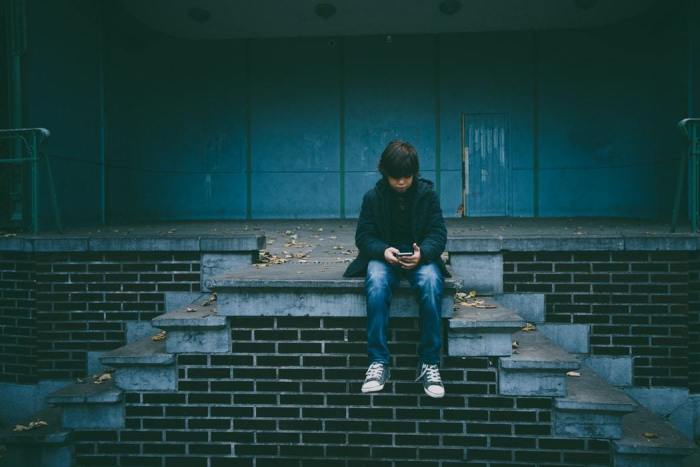Social media platforms were warned of ‘explosion’ of predatory grooming caused by lockdowns: expert

An expert on combatting sexual exploitation said her organization warned social media platforms that once the COVID-19 lockdowns began, predatory grooming and sexual exploitation of children would "explode."
During a virtual panel of experts with the National Coalition on Sexual Exploitation, the organization that unveiled its annual “Dirty Dozen List” Tuesday of corporations that allow or profit off sexual exploitation, The Christian Post asked what impact the end of the pandemic might have on those entities.
Jake Roberson, vice president and director of communications at NCOSE, said he hoped “it doesn’t ever take a pandemic or the end of a pandemic for any of these corporations or entities to make their products safer for all users, and especially for children.”
Roberson added that he believed the lockdowns were “an exacerbation of a problem that was already existing and exploding at exponential rates,” citing a 2019 New York Times article about the rise of online child abuse.
“So while we see the pandemic as exacerbating those issues, we think that these problems are not going away even when the pandemic ends,” Roberson said.
“Although we’re using this opportunity to highlight how they’ve been worsened by what’s happened over the last year and more people spending more time online, the reality is that most of us and our children, in particular, are living augmented reality lives in a sense.”
Dawn Hawkins, senior vice president and executive director of NCOSE, told CP that one positive from the pandemic was that some social media entities cranked up their efforts to protect minors using their platforms.
Hawkins recounted a meeting NCOSE had with representatives of Instagram, Snapchat, and TikTok last year, as the shutdowns in response to the pandemic were beginning.
“We went to them to say, now as kids are flocking to your platforms, predators are also flocking and we know that child sexual abuse, predatory grooming, sex trafficking are going to start to explode,” Hawkins said.
“And so, even though we’ve been working with them for a while before the pandemic really started, they agreed to roll out some changes more urgently and more quickly than was scheduled.”
Hawkins told CP that she was confident that these improved standards “are permanent,” adding that “they’re not going back to those relaxed backward policies when this pandemic ends.”
“We really can move these companies to change,” she declared. “If Google does the right thing, what we’ve been asking them for a couple of years, and protects Chromebooks that are used for schools, next year when kids are back in school, they’re not going to change their mind and no longer have protected Chromebooks.”
Roberson and Hawkins were part of a group of NCOSE experts who participated in the virtual unveiling of the 2021 Dirty Dozen List that named corporations and social media platforms tied to pornography, sex trafficking, sexual harassment, sexual violence, and child abuse.
The entities named on this year's "Dirty Dozen List" included Amazon, Chromebooks, Discord, EBSCO, Netflix, Nevada, OnlyFans, Reddit, Seeking Arrangement, Twitter, Verisign and Wish.
The group also named Snapchat, TikTok, and Visa as being on a “Watch List,” in that they have made improvements on combatting sexual exploitation, yet still have areas of concern.
Lina Nealon, director of Corporate and Strategic Initiatives at NCOSE, gave opening remarks at the virtual event, saying those on the list benefited from the “societal chaos” of the pandemic.
“The Dirty Dozen List is comprised of corporations, brands, organizations, and institutions that you likely know. Ones that you and I are probably using on a weekly if not daily basis,” Nealon said.
“They exert enormous influence and power politically, economically, socially, and culturally. And while many of them provide us with products that we love, entertainment, and ways of communicating, they are also perpetuating and enabling violence and harm.”



























